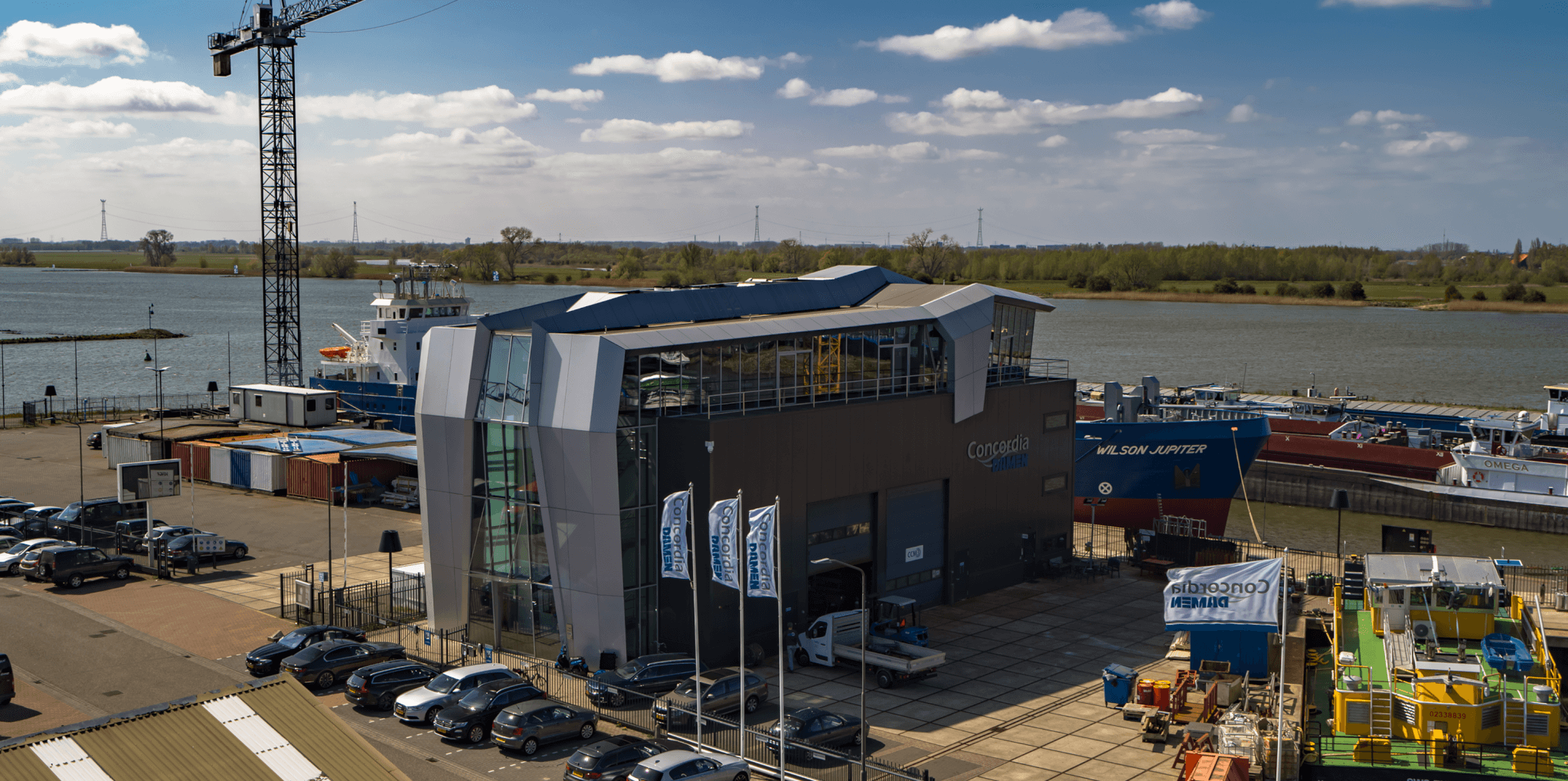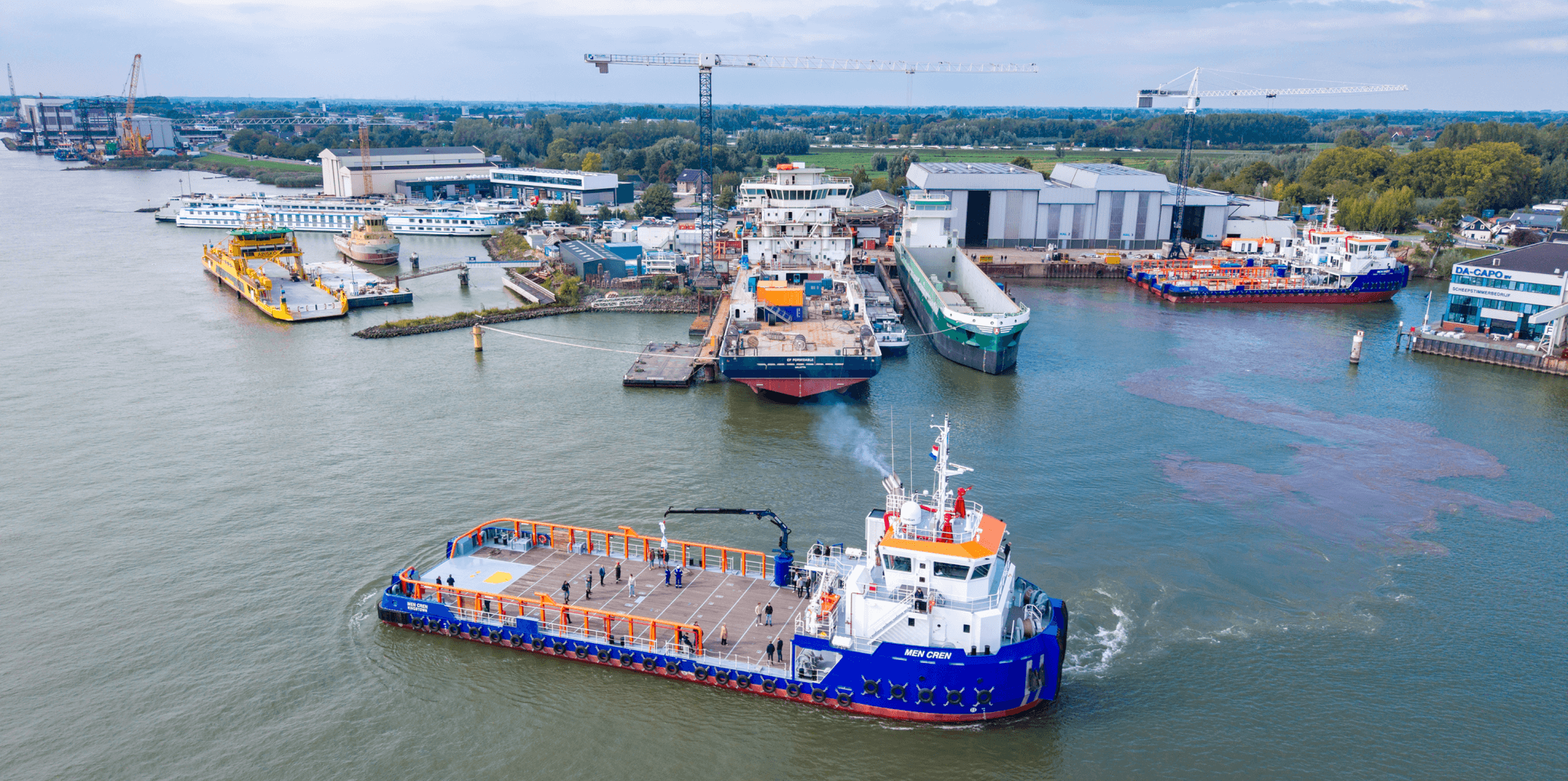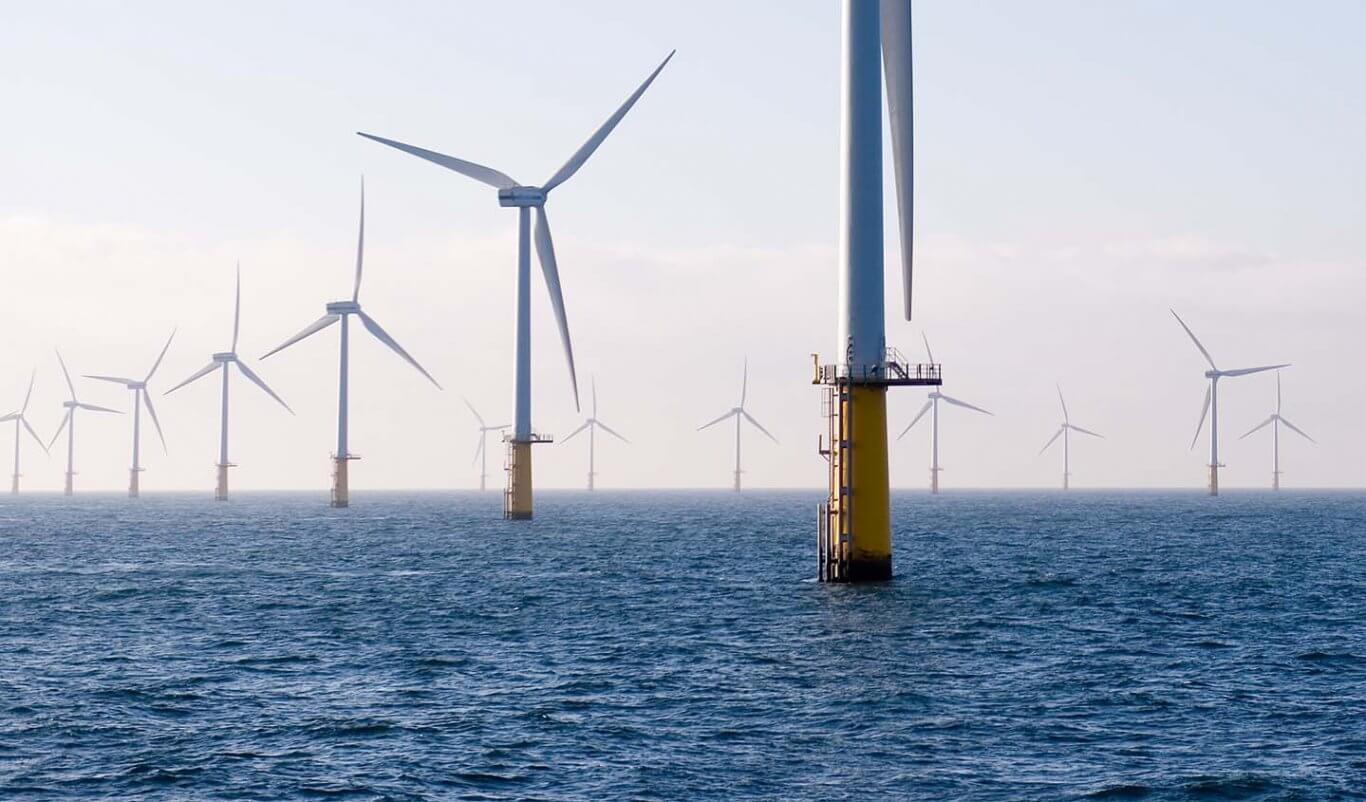 Credit: Guido Pijper
Credit: Guido Pijper
An excellent logistics hub and gateway to Europe
Rotterdam has a vision for a sustainable future. Hydrogen will play a key role in this future. It will be used in multiple sectors. In manufacturing industries for high heat production; as a feedstock for the chemical sector; and as a fuel for heavy transport such as trucks, aviation and inland shipping vessels.
All these processes call for highly efficient logistics. This is one of Rotterdam’s strongest characteristics – it’s in the DNA.
Whether by inland waterway transport to the European hinterland, by feeder vessels to smaller European ports, or by pipelines carrying fuels and feedstocks, Rotterdam is the hydrogen gateway to Europe.
Further reading
Charting her own course: Heleen Kornet on leadership, legacy and navigating a male dominated maritime world


Innovating inland shipping: how Concordia Damen strengthens the maritime ecosystem from Werkendam to Rotterdam


Building smart, specialised vessels: how Holland Shipyards Group turns customer questions into practical innovation




